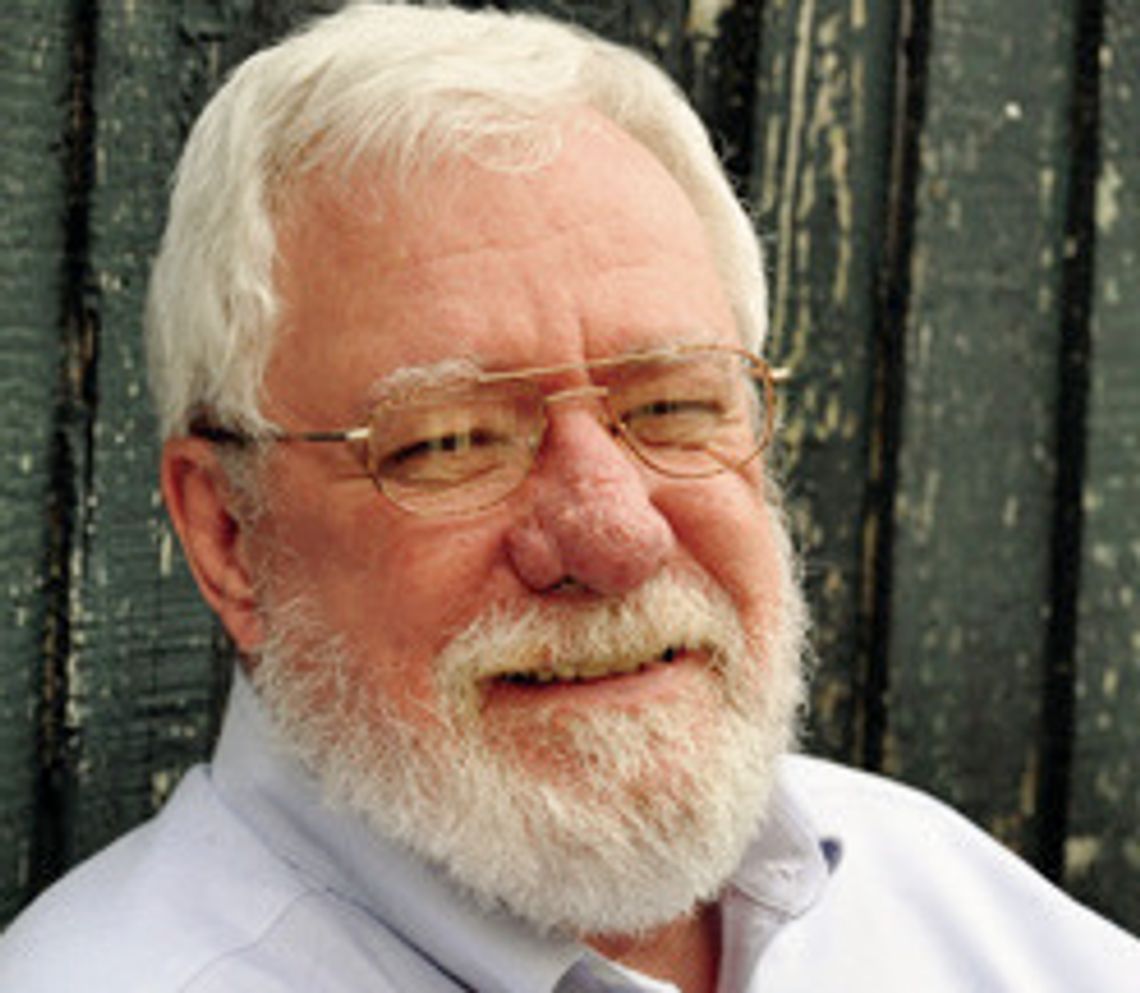Lovelace served good gumbo to the general
Louisiana’s French speakers were much in demand during World War II, especially when interpreters were needed as GIs fought their way across France. That’s why Bob Mouton, a former congressman and a member of the Marine Reserves, was sent out to recruit “the best men from the bayou country” in January 1942. Newspaper reports said Mouton “speaks good French, speaks bayou French, speaks good Spanish and bayou Spanish, and then, too, he speaks English.” He was asked to use his linguistic skills to persuade “a vast pool of young men who are perfect Marine material” to join the ranks.
Mouton told a reporter, “They can shoot straight, they can handle a knife, they’re good physical specimens, and they love a scrap. If that doesn’t make them good Marine material, then, moi, je suis fou.”
Mouton lured many of them into Marine uniforms, but some of the “best men from the bayou country” joined the Army instead, and their straight shooting caught people’s attention there, too. The armed forces newspaper Stars and Stripes reported in 1942 that “officers and men of [an Army] infantry battalion from Louisiana … won all four events in which they entered [in a marksmanship competition], thereby setting a record.”
According to that article “at the time of mobilization the entire personnel conversed in French, even to the commands of the officers and noncoms, as many of the men couldn’t understand orders in English.
“The men have done an excellent public relations job in helping the French people obtain a better understanding of America and Americans.”
You have to wonder about the “understanding of America” given by these soldiers, most of whom had never traveled more than 20 miles from home until the war. It was probably a bit different from the “understanding” a GI from New York or even New Orleans might give.
And ambassadors such as Lovelace Viator had another set of skills that set south Louisiana soldiers apart. He made his name in the army as a cook, not as a marksman.
He told war correspondent Russ Kintzley in 1945 that he couldn’t speak a word of English when he joined the Army in 1941. When he was offered a chance to go to an army cooking and baking school, he told his French-speaking superiors that “if I had to learn out of books, I’d fail, but … I could still put food on the table with the rest of them.”
That wasn’t bragging. When he was interviewed, he was the cook for Major General Clarence A. Martin, commander of the 31st Infantry Division, which spent most of the war in the Pacific. It was called the Dixie Division because it was made up of soldiers from Alabama, Florida, Louisiana, and Mississippi. General Martin was born in Virginia and no direct kin to the Louisiana Martins, but major generals got to pick their cooks, and he liked Lovelace’s Louisiana dishes.
By the end of the war Lovelace had learned to speak English “better than the average GI,” according to Kingsley’s report. In fact, that mastery of English had caused the cook to get “mixed up” on his French when he’d last visited his parents in Youngsville. “It took me about a half hour to get it,” he said.
But he never lost his touch in the kitchen, “I give the general chicken gumbo and other French dishes, and he seems to like them,” Lovelace said. The war correspondent especially liked his banana pie that was baked into a “golden brown” crust.
Lovelace continued his cooking after the war. The 1950 census lists his occupation as “cook for oil men,” He died in 1977 at his home in Maurice.
You can contact Jim Bradshaw at [email protected] or P.O. Box 1121, Washington LA 70589.


